Its goal is to reduce acidifying nutrition(red meat, processed products, sugar, excess dairy) and increase the intake of Alkalinizing foodsvegetables (fruits, vegetables, nuts, seeds).
Although the body has its own pH regulation mechanisms (blood stays at 7.35—7.45 regardless of diet), studies show that a diet based on alkaline foods benefits metabolism, kidney health, and reduced inflammation.
Examples of permitted foods 🍎🥬
Alkalinizing foods (good to consume daily):
- Green vegetables: broccoli, spinach, kale, cucumbers, zucchini
- Fruits: avocados, apples, pears, watermelons, berries
- Nuts and seeds: almonds, pumpkin seeds, chia seeds
- Legumes: lentils, chickpeas, beans
- Alkaline mineral water (pH > 7.5)
Moderate food (occasional consumption):
- Whole grains: quinoa, brown rice, oats
- Healthy oils: olive oil, avocado oil
Acidifying foods (to be reduced or avoided):
- Processed meat (sausage)
- Excess dairy (matured cheeses, fatty sour cream)
- Sugar, refined products, fast food
- Carbonated drinks and alcohol
The benefits of the alkaline diet 💚
- Reduces inflammation— due to the high intake of antioxidants from fruits and vegetables.
- Supports kidney healthAn alkaline diet can reduce the risk of kidney stones.
- Improves bone density— foods rich in minerals (magnesium, potassium) help reduce calcium loss.
- Energy and vitality— many followers report increased energy levels and better sleep.
- Compatible with intermittent fasting— alkaline meals, being easier to digest, fit very well in food windows.
Who is #dietaalcalină recommended for?
- People with increased level of inflammation(e.g. arthritis, chronic pain).
- Those with kidney problemsor risk of kidney stones.
- People who want a food resetafter periods of excesses.
- Athletes and active people, as a method to improve muscle recovery.
For how long is it recommended? ⏳
The alkaline diet should not be viewed as a “quick cure”, but rather as a long-term lifestyle, where the share of alkaline foods is dominant (70— 80%), and acidifying ones are consumed moderately.
A practical recommendation:
👉 3—4 weeks of strict reset, then flexible holding, with a balance of 80/20.
Can it be held during sports or intense physical exertion? 🏋️ ♂️
Yes, but with adjustments!
- During periods of intense workouts, add vegetable proteins(lentils, chickpeas, tofu, hemp seeds).
- You can also integrate slightly acidifying protein sources (eggs, lean fish), balanced with many vegetables.
- Green smoothies and alkaline water help Hydration and recoveryafter the effort.
Basically, the alkaline diet does not limit sports performance, but can even improve muscle regeneration by reducing oxidative stress.
Conclusion
The alkaline diet is a balanced choice for anyone who wants to reduce inflammation, protect their kidneys and increase their energy levels.
It is not about the “magic of pH”, but about a lifestyle based on fruits, vegetables, clean water and more a littleprocessed food.
Do you want to know which diet suits you? Take the Free Questionnaire here!
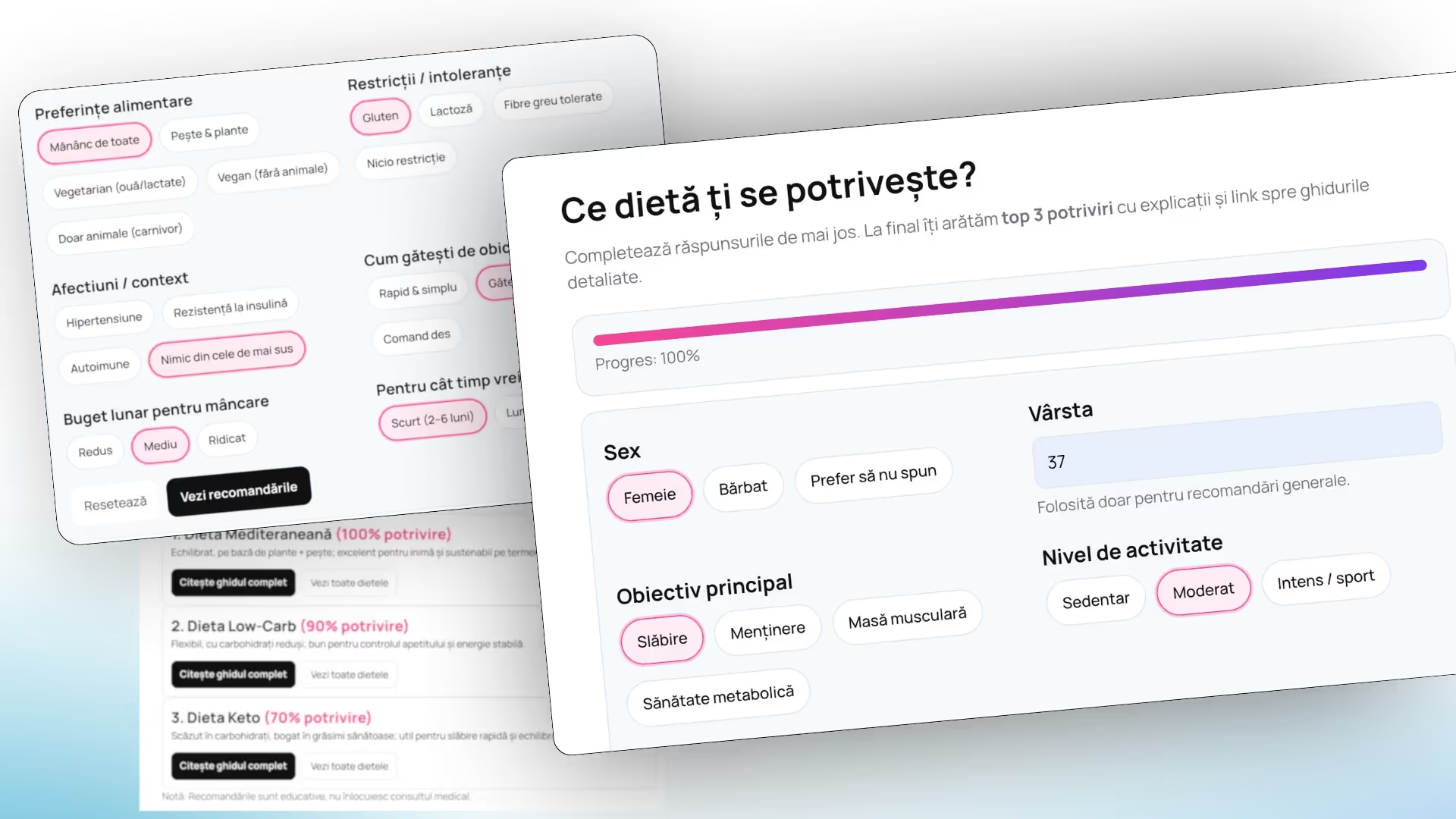
Yes, but people with advanced kidney disease should consult their doctor before starting.
Oh, absolutely! It really is a great combination: alkaline meals are easier to digest and support autophagy.
No, but excessive coffee consumption is acidifying. A cup a day is ok, especially if you compensate for it with green vegetables and alkaline water.









.svg.avif)




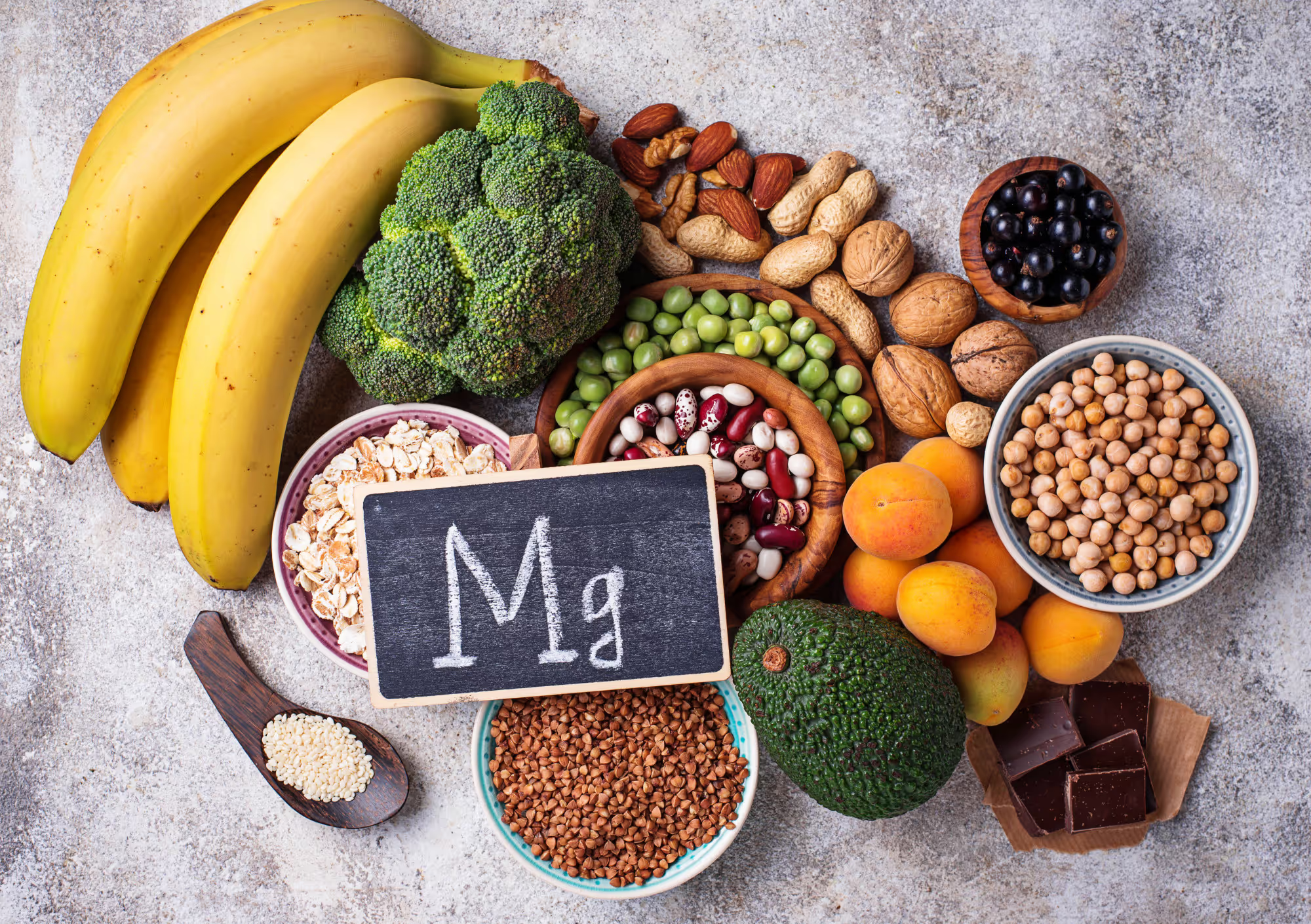






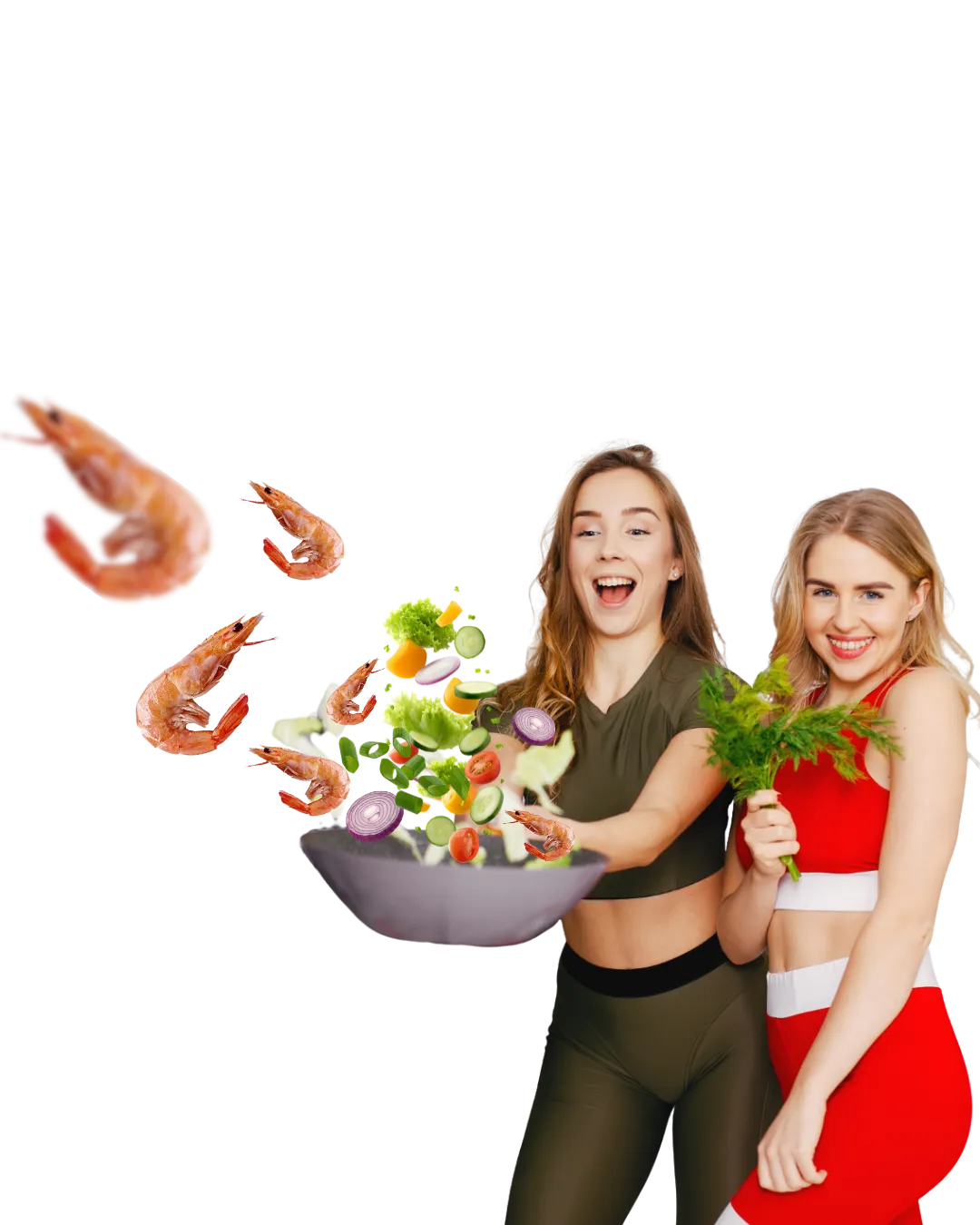
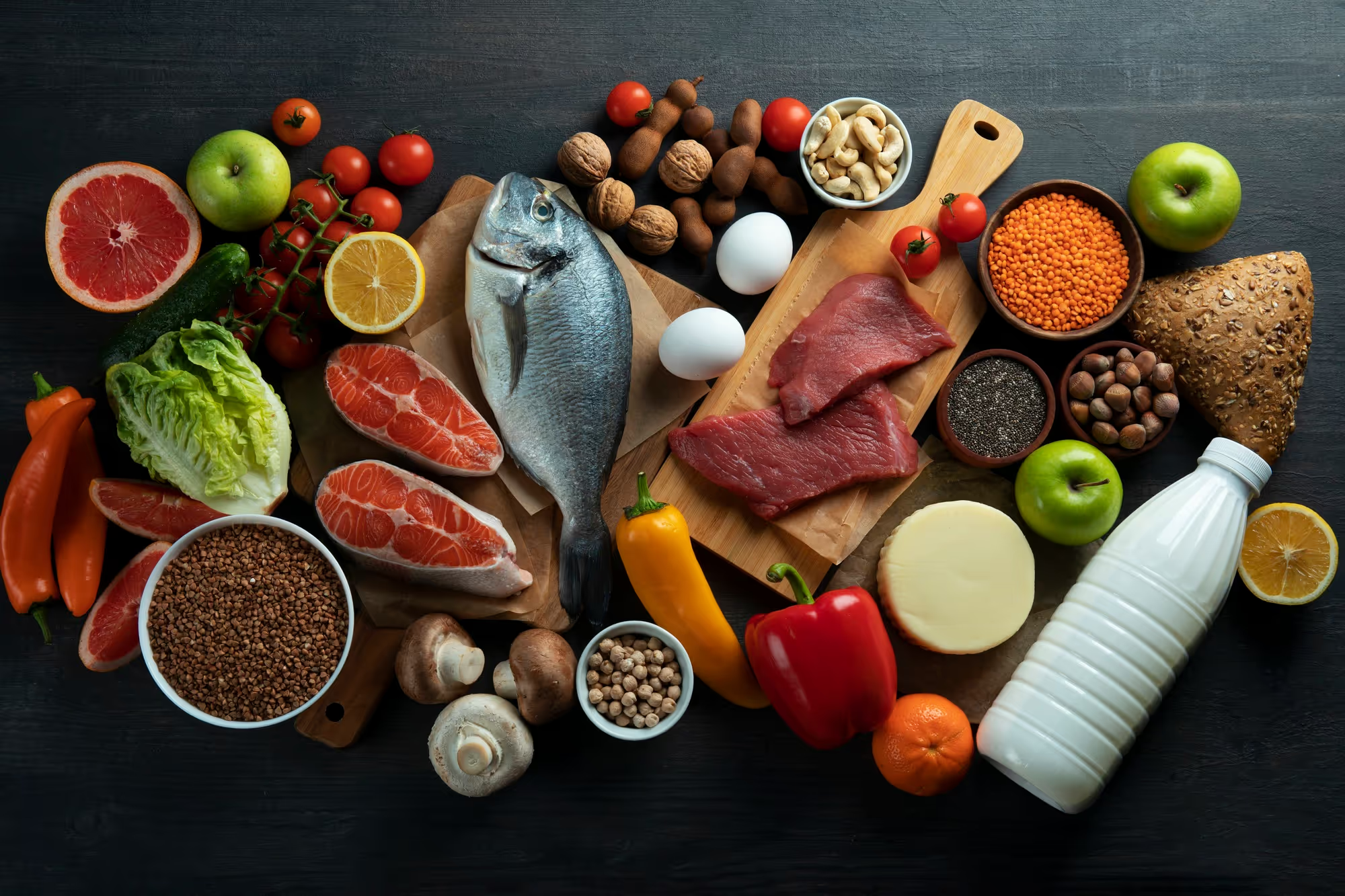
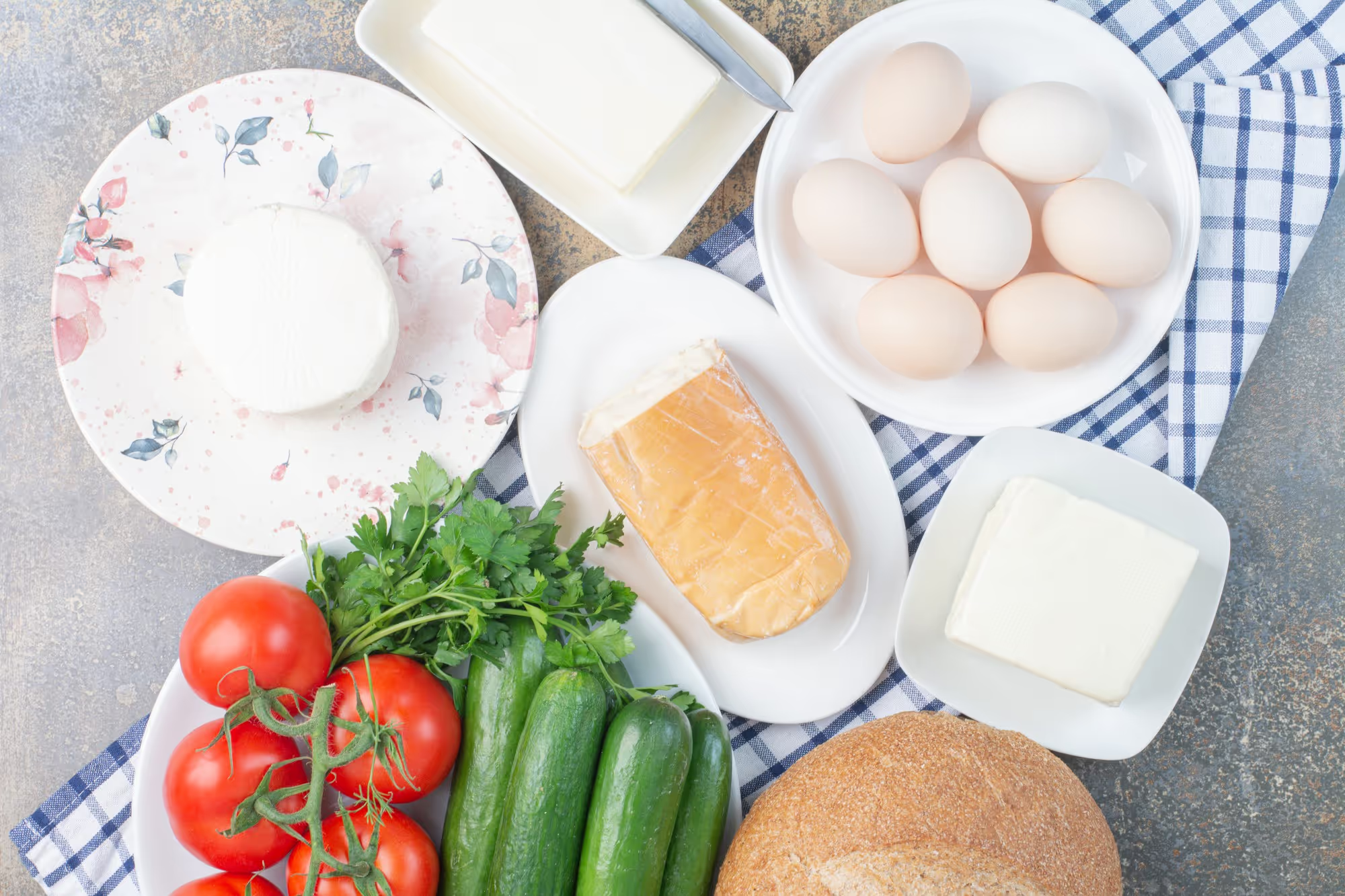
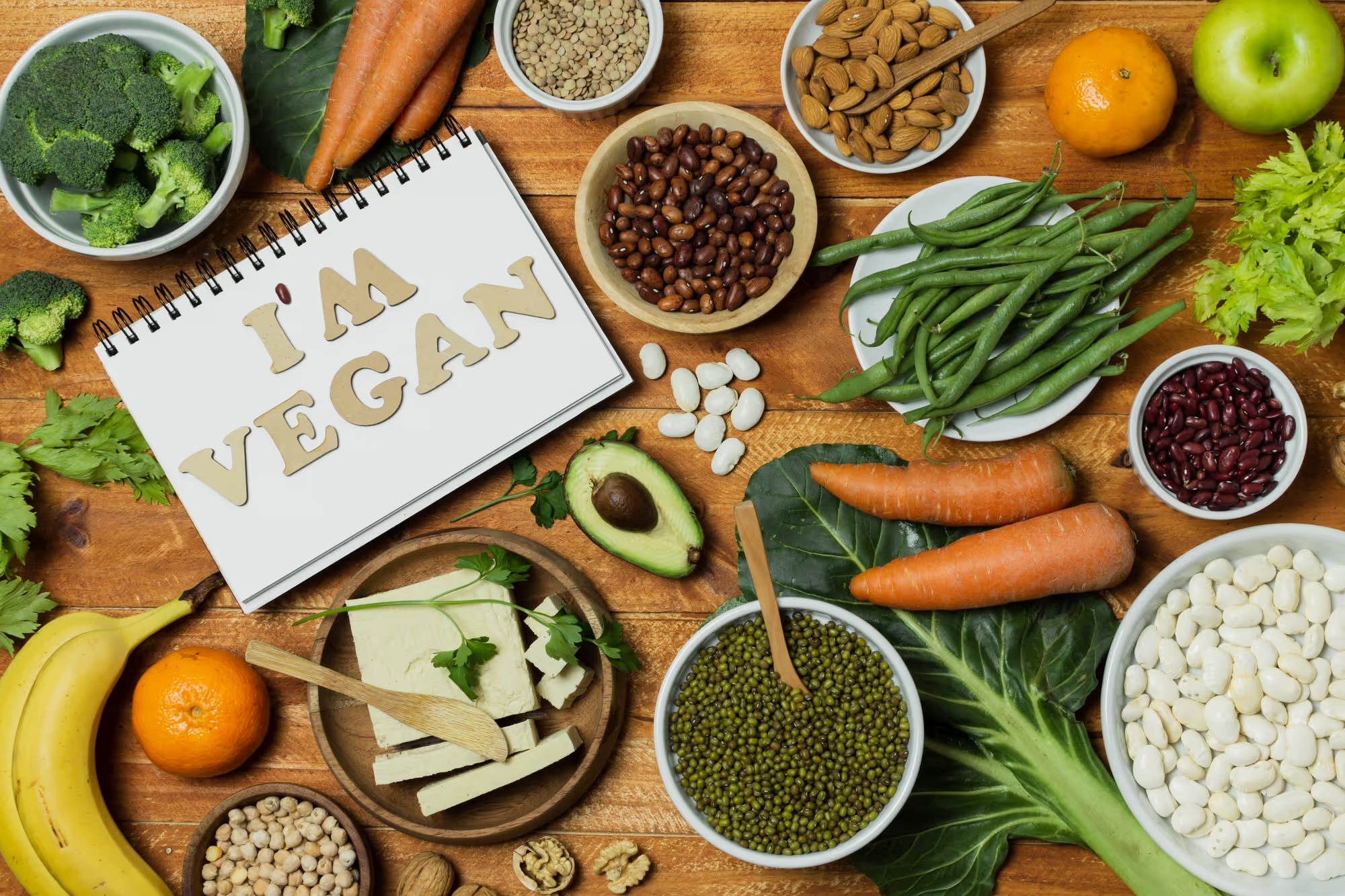
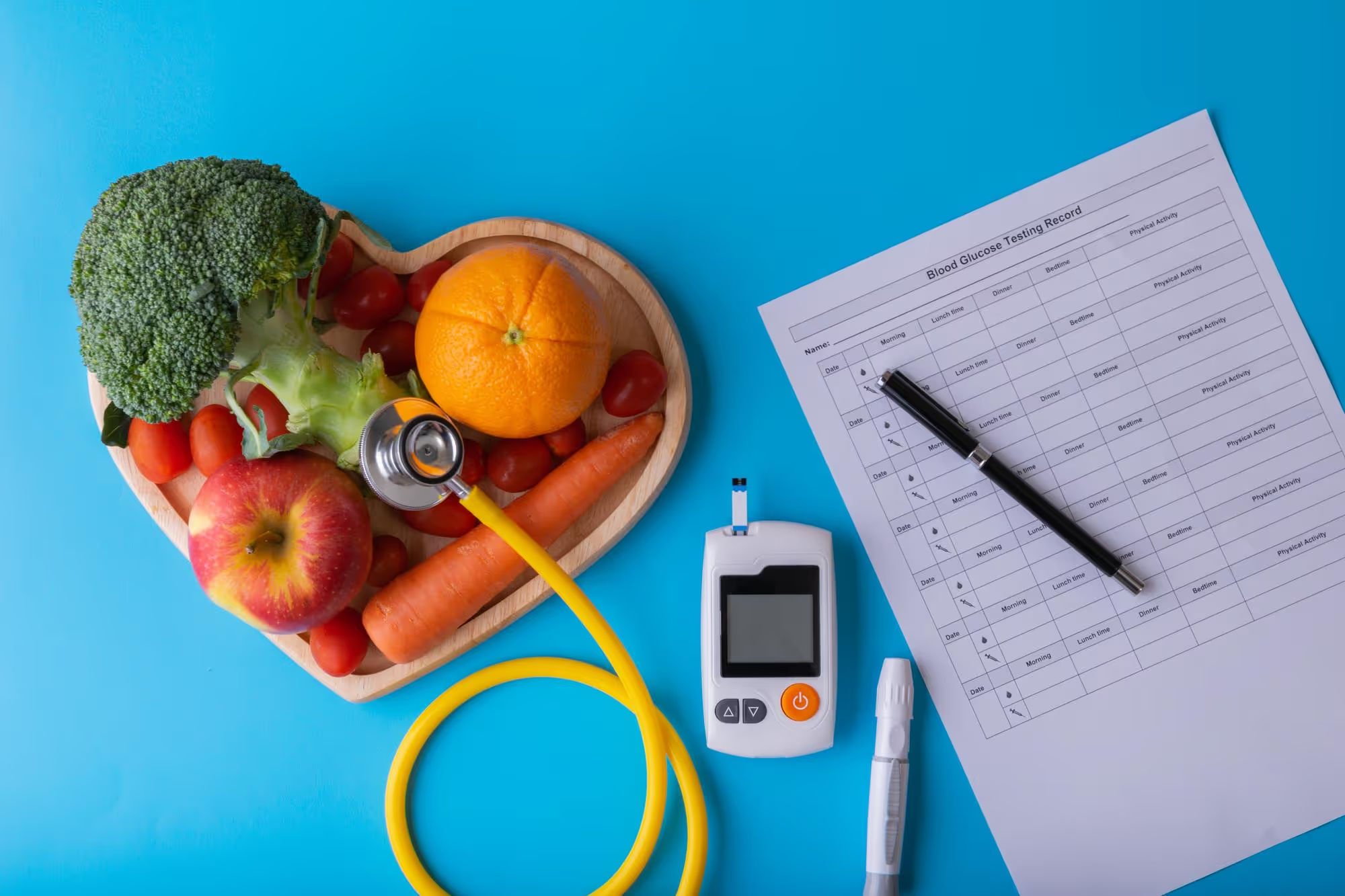

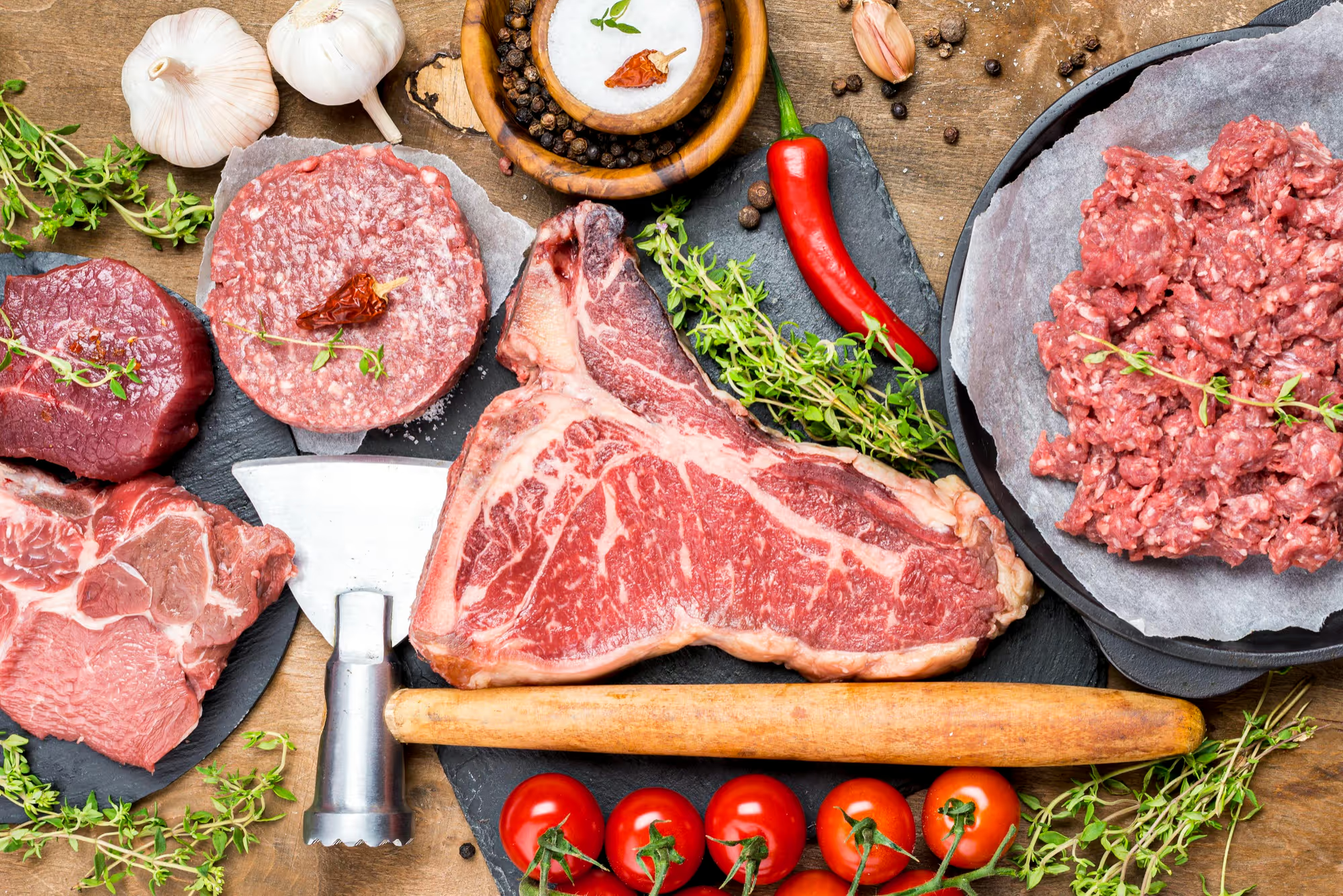

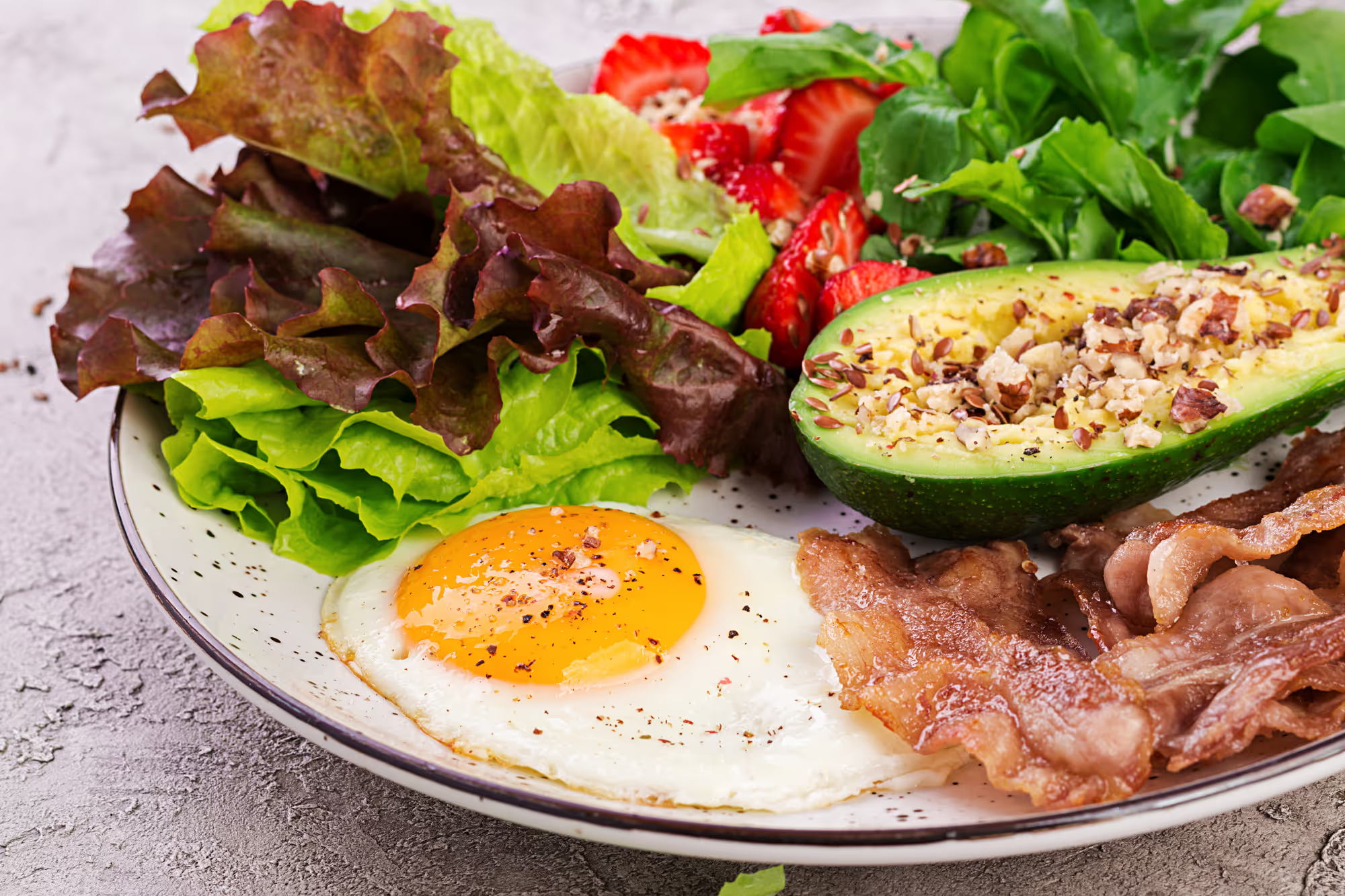



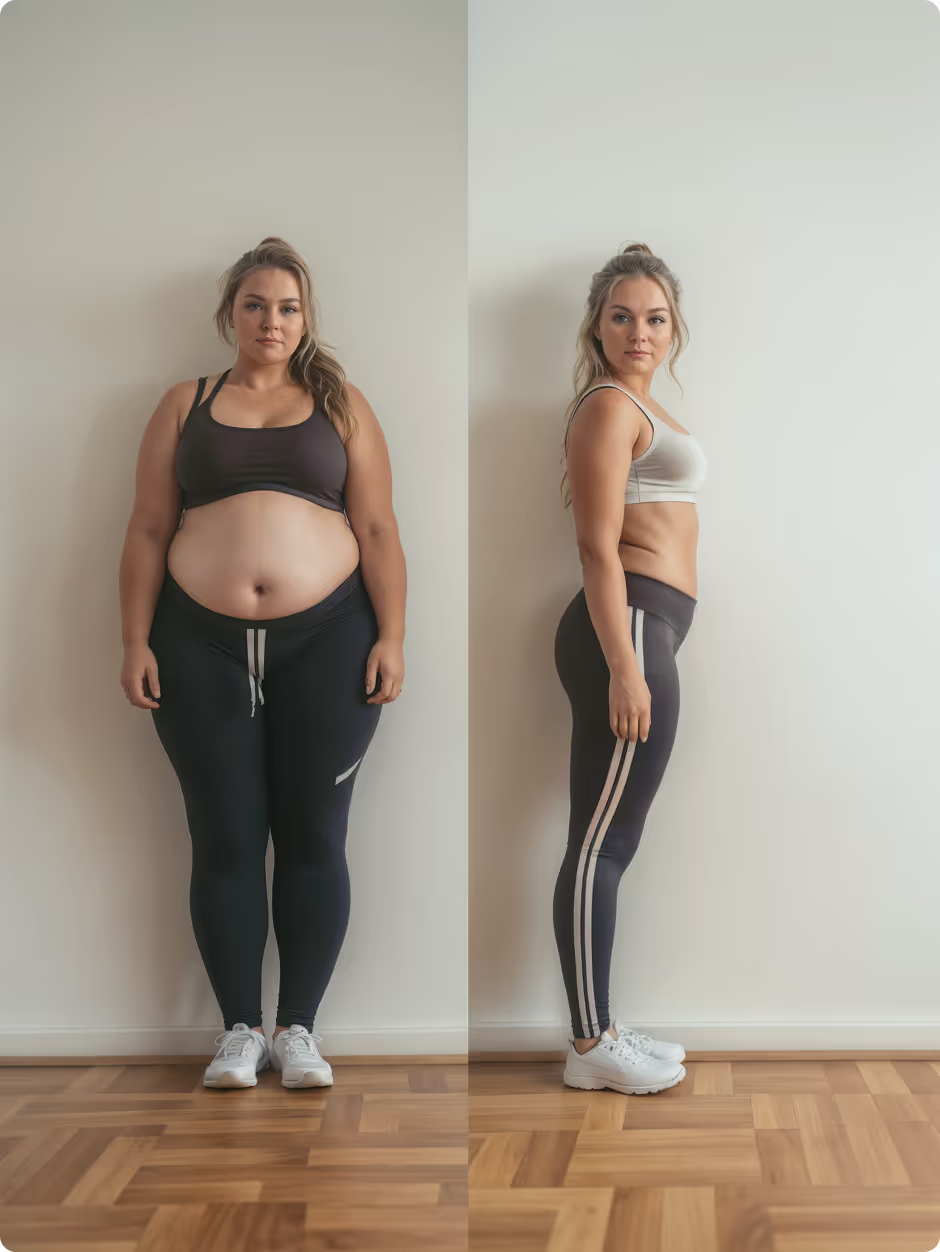










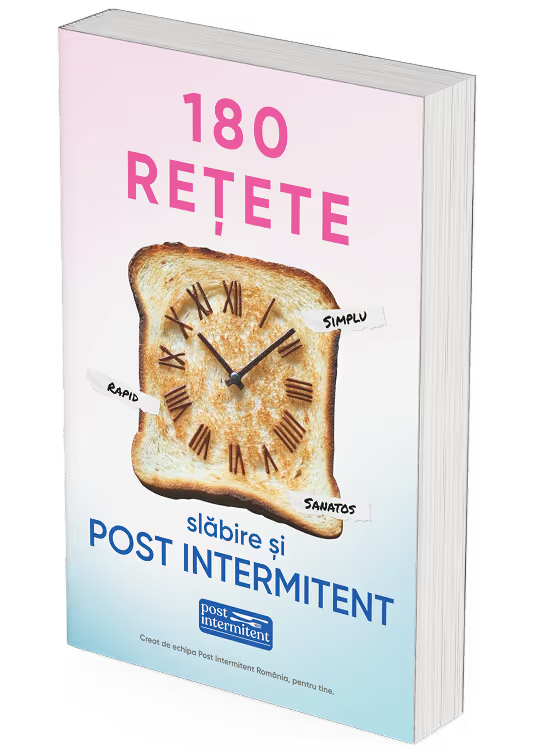
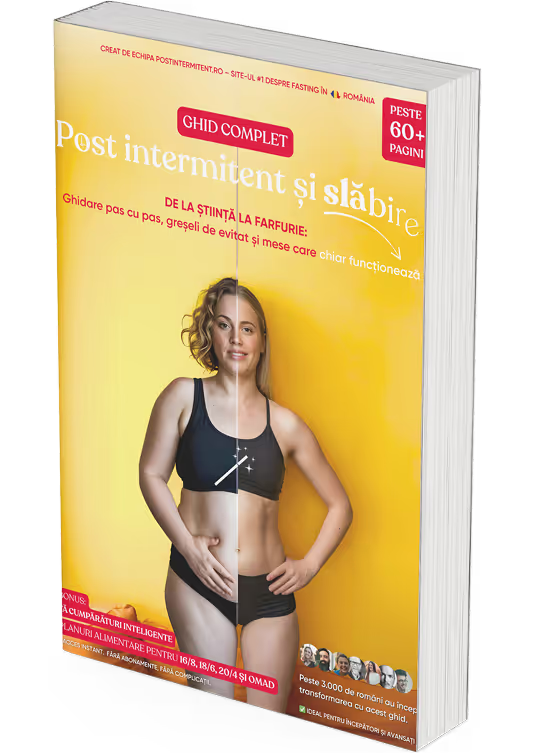
.svg)
